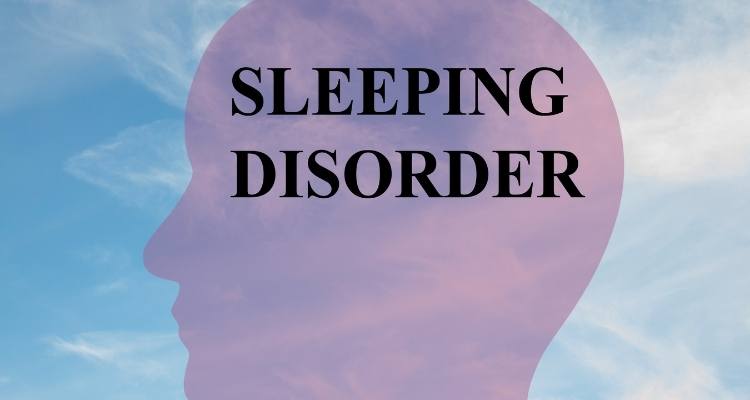Introduction
Sometimes you spend sleepless night. But sometimes for some people it is a regular routine to have sleepless night. This may be due to temporary disturbance to your daily routine, illnesss, travel, jet lag, stress. But if this persists regularly it is a sleep disorder. And if it is so you must consult a doctor who may prescribe sleeping pills if the sleep disorder is a chronic one
Symptoms of sleep disorder
By analysing following symptoms you can assess if your sleep deprivation is a normal one, a passing annoyance, or a serious sleep disorder or worst an underlying medical condition:
- Fatigue
- Irritability
- Mood swings
- Difficulty in concentration, focus, or memory loss at times
- Trouble in controlling emotions
- Require caffeinated beverages for staying awake
Types of sleep disorders
If these are the signs and symptoms you are facing regularly then you may suffer from any of the following types of sleep disorders:
- Insomnia
- Sleep apnea
- Restless legs syndrome (RLS)
- Narcolepsy
- Circadian rhythm sleep disorder
- Shift work sleep disorder
- Delayed sleep phase disorder
- Jet lag.
Tips to have an effective sleep during the night
Several ways and means are specified for obtaining quality sleep such as environmenta and lifestyle adjustment, therapies, counselling, sleeping tablets, etc. Some of the measures which avoid sleeping tablets and can be done at home are:
- Relaxation techniques such as guided imagery for reducing tension, breathing exercises, mindfulness training, meditation, etc
- Cognitive behavioural therapy that helps to point out the thought process which hampers your quality sleep
- There are some home care treatments also that gives you an effective sleep such as setting a sleep wake call, regular exercises, eating atleast 2 hours before bedtime, healthy bedtime activities,
- Always keep the environment of your bedroom conducive to sleeping. This includes keeping the room cool, dark and quiet.
- There are also some methods such as the military method, 4-7-8 breathing method, progressive muscle relaxation method
- Acupressure and acupuncture
Acupressure and acupuncture is believed to be one promising method to where the target parts of your body are relaxed by specific methods and pressing a particular point such as upper part of the nose bridge, temples,etc. These techniques include spirit gate, inner frontier gate, wind pool.
7. Massage
Massaging your body with aroma oils relaxes your nerves and also releases a good amount of sleep hormones melatonin. These hormones are responsible for a sound sleep in the night.
8. Meditation and yoga
Meditation and yoga is responsible for a therapeutic sleep. This relaxes your mind and body and sets you free from stress and fatigue. A quick and specific yoga aasans at the bedtime are helpful for the whole night sound sleep.
9. Ayurveda
Ayurveda claims to have such drugs and medications that gives you quality and effective sleep without having any harmful effects.
Conclusion
Sleep deprivation not only harms an individual’s physical and mental health but also has an impact on their performance and quality of life. Persistent unsound sleep leads to complications such as anxiety, sleep apnea, etc.
One should apply above tips and means to have a quality sleep. But if it does not work then ensure to seek a consultants advice.

